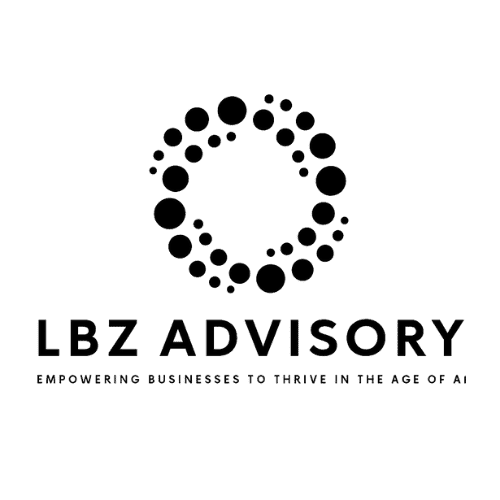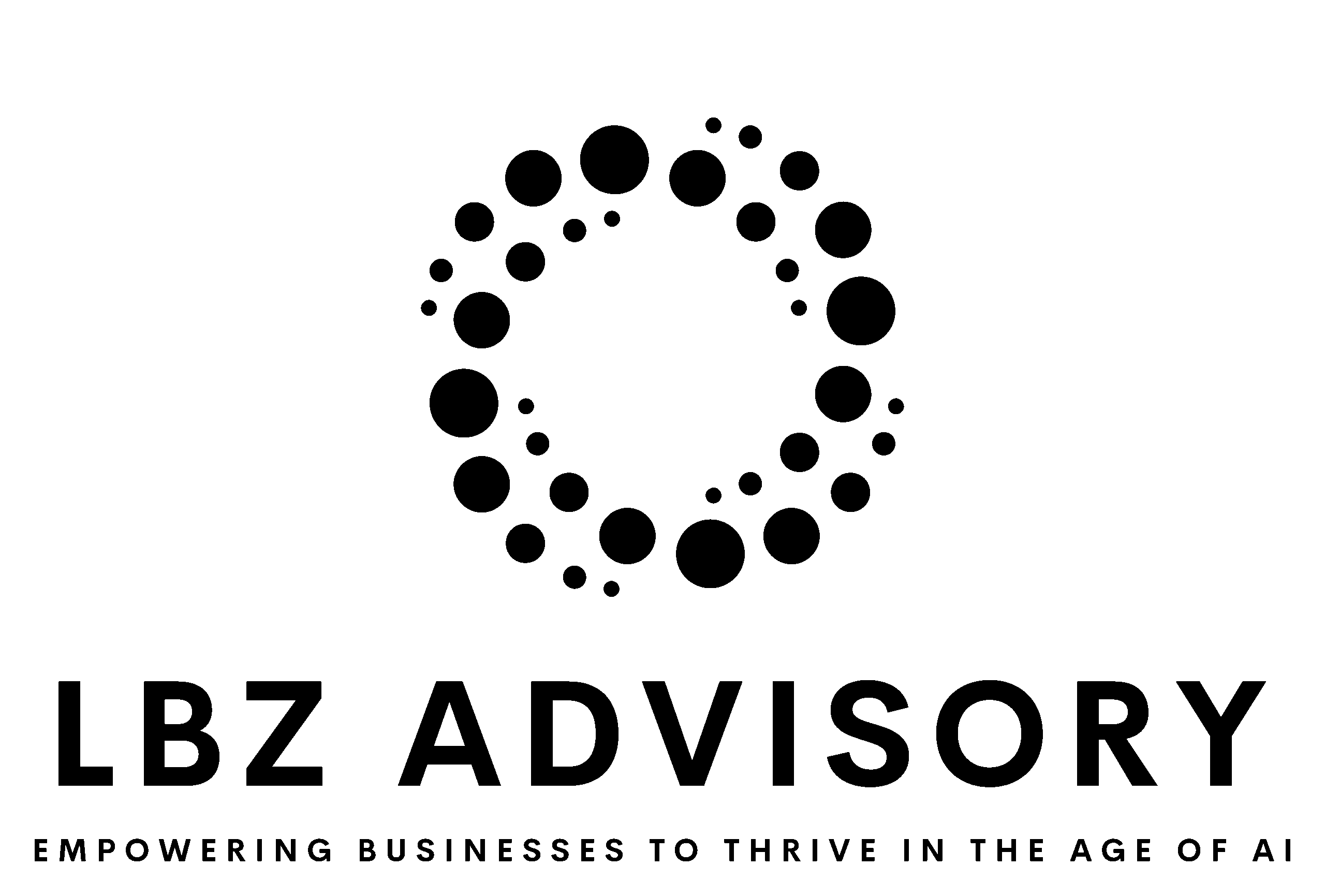As the world becomes increasingly aware of the environmental and social impacts of business, leaders must prioritize sustainability to ensure the long-term success of their organizations. This means integrating sustainability into every aspect of business, from product design and development to supply chain management and customer engagement. However, achieving this goal requires more than just a few isolated sustainability initiatives. It requires upskilling employees in ESG and building a culture of sustainability throughout the organization.
To achieve this, business leaders must take a systematic approach that includes the following actionable steps:
Top-Down Leadership
Leadership Development
Competency Frameworks
Sustainability Strategy
Employee Engagement
ESG Committees and Board Education
By prioritizing sustainability and upskilling employees in ESG, companies can reap significant benefits, such as improved brand reputation, reduced costs, enhanced innovation, and increased employee engagement. Moreover, by integrating sustainability into the core business, companies can contribute to a more sustainable and equitable future for all.

















